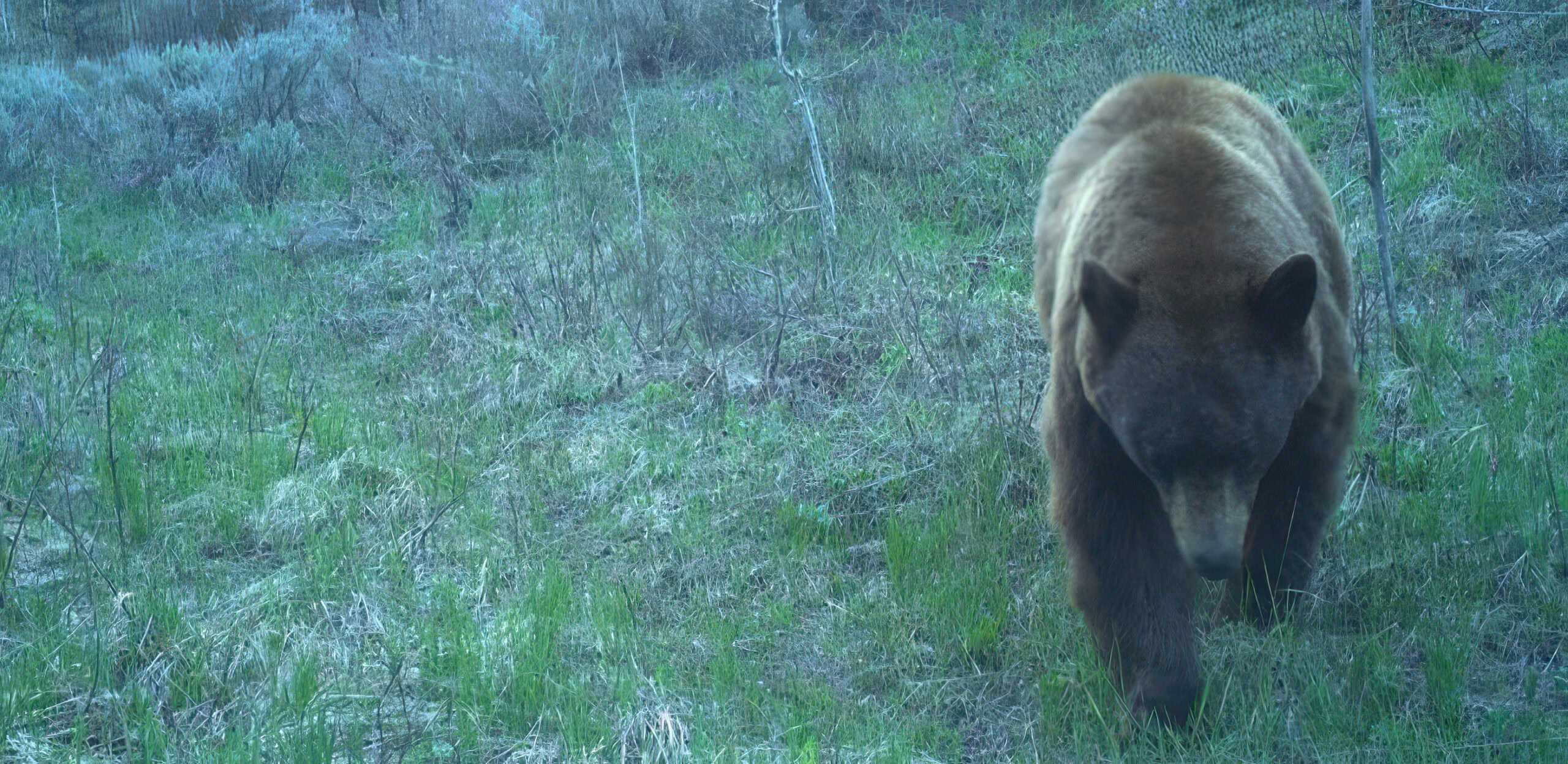Share this article
Legislation Would Increase Wildlife Trafficking Penalties
Senators Dianne Feinstein (D-CA) and Lindsey Graham (R-SC) introduced a bill that would strengthen penalties for wildlife trafficking.
S. 27, also called the Wildlife Trafficking Enforcement Act, would provide law enforcement with the same tools to charge wildlife trafficking violations as other serious crimes. Under the bill, violations of the ban on shipment and sale of species and products made from species protected under Endangered Species Act, the African Elephant Conservation Act, and the Rhinoceros and Tiger Conservation Act would be prosecuted under federal money laundering and racketeering statutes if the violations have a total value of $10,000 or more.
Wildlife trafficking is an immediate threat to vulnerable species worldwide. In 2013, poachers killed more than 20,000 African elephants. Wildlife trafficking is estimated to generate $8 billion to $10 billion in illicit funds annually. Currently, the maximum sentence for wildlife trafficking in the U.S. is only one year. High demand for illegal animal products, such as ivory, and relatively low penalties for wildlife trafficking contribute to poaching around the world.
Criminal organizations often use money from wildlife trafficking to fund other illegal activities such as terrorism, human trafficking, and other threats to national and international security. Under the bill, wildlife trafficking would also be recognized as a “predicate offense,” which is a crime that provides underlying resources for other criminal acts. This bill would allow wildlife trafficking violations to be prosecuted under the same statutes as money laundering and racketeering.
Wildlife trafficking violations would be punishable with a maximum sentence of up to 20 years and fines up to $500,000. Harsher penalties will work to deter illegal taking and trafficking of animals. The bill also requires funds obtained from prosecution wildlife trafficking crimes to benefit affected species. Capital obtained through fines and the forfeiture of assets would be deposited into funds designated for conservation purposes.
The full text of S. 27 Wildlife Trafficking Enforcement Act is available, and the bill has bipartisan support.
Sources: Greenwire (January 7, 2015), Senator Feinstien Press Release (January 8, 2015).
Header Image: Image Credit: Ivy Allen, USFWS








